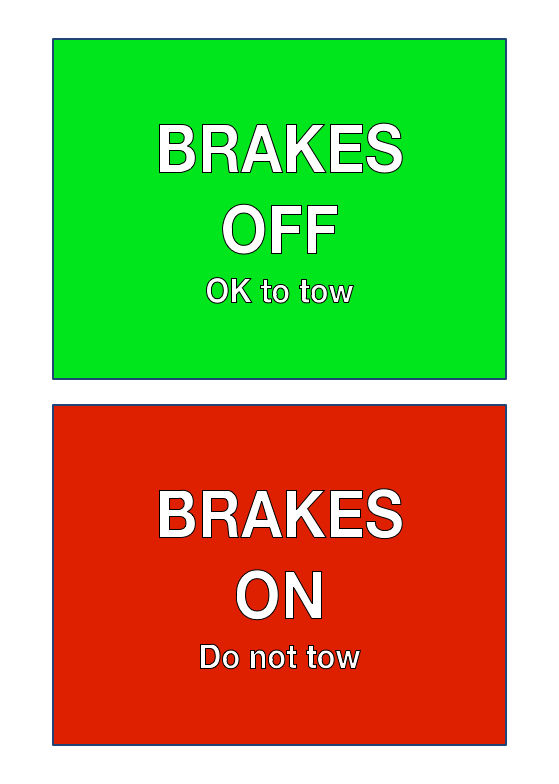VWGhiaBob
Line Up and Wait
- Joined
- Mar 17, 2013
- Messages
- 884
- Display Name
Display name:
VWGhiaBob
Since I use Signature Flight Support in Palm Springs frequently, I decided to read the fine print I am signing every time on the contract. Then I talked to some attorneys. Whoa. If you use Signature, read it yourself. You may decide, as have I, to go elsewhere, or to at least not let them touch your plane (they usually tow mine to their hangar). The contract specifies:
* You must hold both General and Commercial insurance that covers them AND the airport. Does yours? I checked and mine doesn’t. My broker doesn’t even know if I can get such insurance. That means in the event of some losses, you have no insurance.
* You must “indemnify” and hold them “harmless” in certain circumstances (which aren’t all that uncommon). This means you personally may have to pay their legal fees (and again, it’s you personally, not your insurance).
* In the event that a third party brings a claim against Signature, YOUR coverage is primary, not theirs. As incredible as it seems, that’s what it says. AND your coverage likely will NOT cover you.
I have been in a bad habit of just signing contracts like this. In the current climate, consumer protections are eroding, and we can expect to see more and more of these. In a different era, such agreements were illegal and unenforceable.
So bottom line, read the fine print. If you choose to use Signature, do so with your eyes wide open! I am going to investigate Atlantic Aviation to see if they have a similar clause.
* You must hold both General and Commercial insurance that covers them AND the airport. Does yours? I checked and mine doesn’t. My broker doesn’t even know if I can get such insurance. That means in the event of some losses, you have no insurance.
* You must “indemnify” and hold them “harmless” in certain circumstances (which aren’t all that uncommon). This means you personally may have to pay their legal fees (and again, it’s you personally, not your insurance).
* In the event that a third party brings a claim against Signature, YOUR coverage is primary, not theirs. As incredible as it seems, that’s what it says. AND your coverage likely will NOT cover you.
I have been in a bad habit of just signing contracts like this. In the current climate, consumer protections are eroding, and we can expect to see more and more of these. In a different era, such agreements were illegal and unenforceable.
So bottom line, read the fine print. If you choose to use Signature, do so with your eyes wide open! I am going to investigate Atlantic Aviation to see if they have a similar clause.

